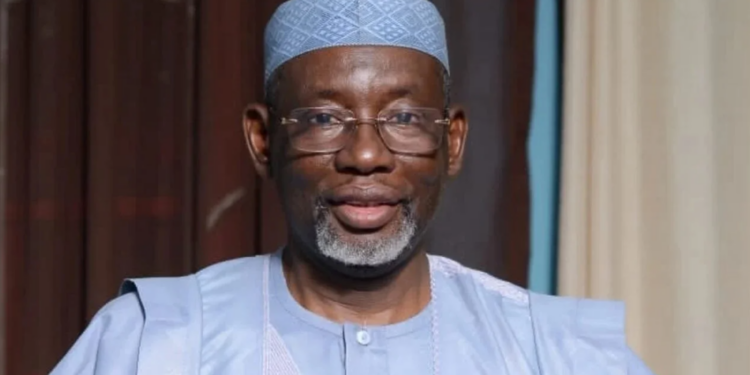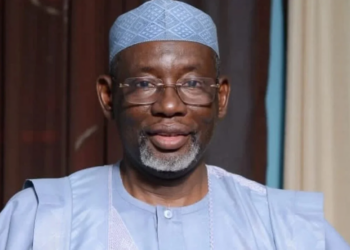The Governor of Jigawa state, Umar Namadi has said that the state is on course to produce 27% of the nation’s rice requirements this year.
Namadi announced this shortly after inspecting rice farms in the Auyo, Hadejia Miga, and Ringim Local Government Areas of the state. The governor expressed his satisfaction, noting that the 200,000 hectares of rice farms currently under cultivation will significantly help reduce the nation’s food insecurity challenges.
He said, “Today, I think am one of the happiest persons. We have have gone round all the rice farms in Jigawa and by our estimation about 200,000 hectares of rice have been cultivated in the state.”
“With this 200,000 hectares, this translate to almost 800,000 tonnes of rice.This 800,000 tonnes of rice is quite huge in Nigeria and therefore by the time we multiply these by the rainy season, we will have an estimate of 1.6 million tonnes of rice. The 1.6 million tonnes of rice is about the 27% of Nigeria’s rice requirement.”
“If Jigawa can produce 27% of the Nigeria’s rice requirement then we are on the right course. Therefore, we will continue to support our farmers, we will continue to encourage them and will continue to support the renewed hope agenda, especially as it relates to food security in Nigeria,”
Support to rice farmers
He mentioned that the only support given to rice farmers was the fertilizer subsidy provided by President Bola Tinubu. He emphasized that the state government must do everything possible to increase its support for the numerous rice farming communities in the state.
While the governor did not immediately detail his administration’s plans for tackling the annual flood disaster, which has long threatened farmers along riverbank communities, he acknowledged that the state is estimating rice cultivation during the dry season in these same areas.
What you should know
The price of rice has increased by over 100% year-on-year due to insecurity, flooding of 2022, high cost of importing fertilisers into the country and others. The 2022 floodings cost Nigeria around $3 billion to $9 billion in damage to life and properties including farmlands. Jigawa state was particularly affected with about 94% of households reporting being affected in one or the other according to a World bank and NBS study.
- Furthermore, the depreciation of the naira and disruption of fertiliser supply chains following the war in Ukraine pushed the prices of fertiliser high which was transferred to the average customers.
- The federal government’s clamp down on rice imports also contributes to the soaring rice and general grain prices witnessed in the past one year.
























Governor, thanks for the great news and please don’t stop there.
Plan ahead to double your operations next year and Nigerians will appreciate you greatly.